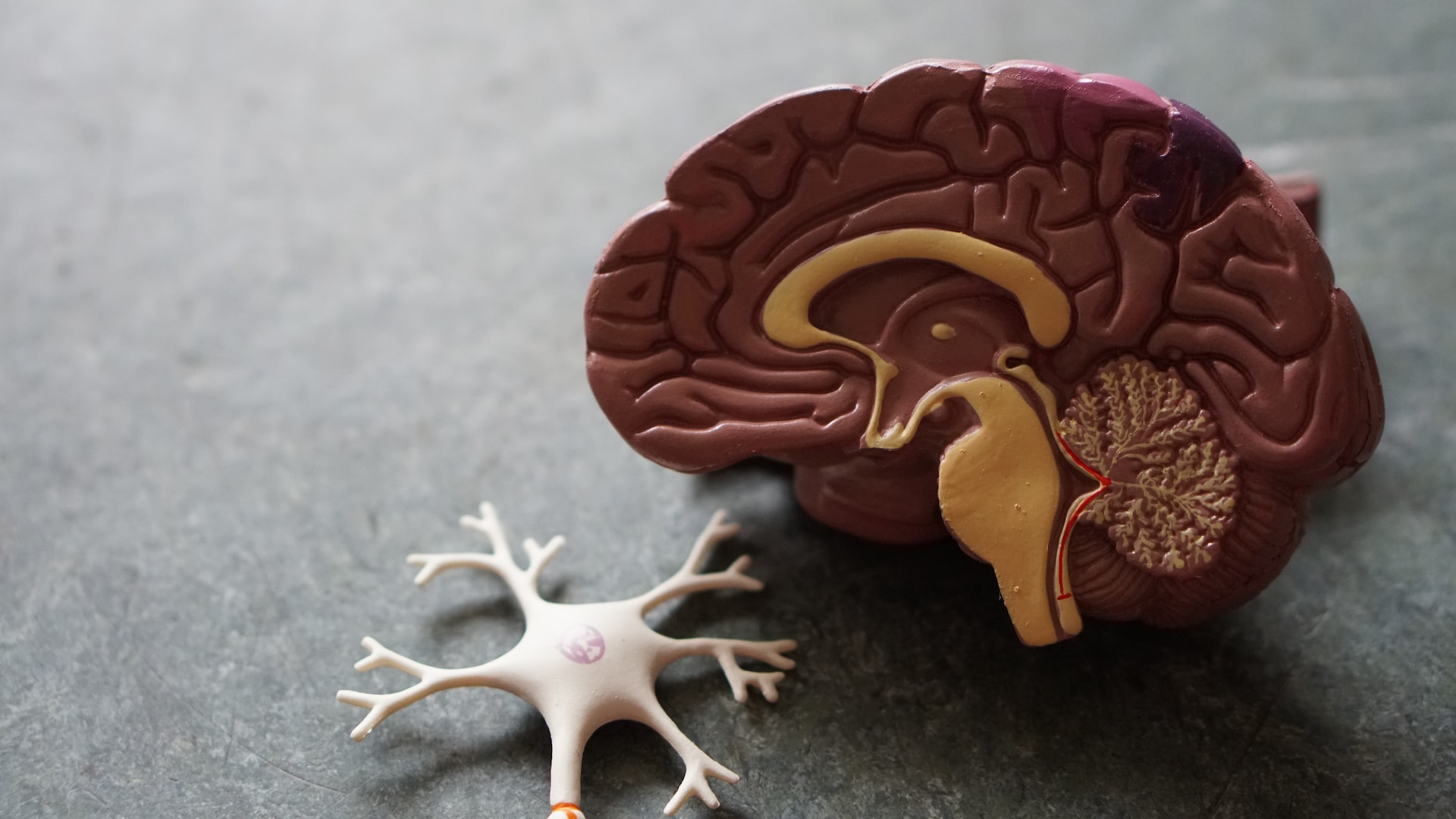Why Your Skin Starts Keeping Score After Menopause
Menopause is a major turning point not just for your body but also for your skin. After menopause, many women notice their skin starts to “keep score” — showing signs of the years and changes their bodies have gone through. But why does this happen?
The main culprit is a big drop in estrogen, the hormone that helps keep skin youthful and healthy. Estrogen plays several important roles: it boosts oil production, supports collagen (which keeps skin firm), and helps maintain moisture levels. When estrogen levels fall during menopause, these benefits start to fade.
One of the first things you might notice is dryness. Your skin produces less natural oil, so it feels rougher and more dehydrated than before. This dryness can make your skin more sensitive and prone to irritation or redness because its protective barrier weakens.
Collagen production slows down too, which means your skin loses some of its firmness and elasticity. This leads to thinning skin that wrinkles more easily and may sag in places like the cheeks or around the mouth.
Blood flow also decreases with age and hormonal changes, so less oxygen and nutrients reach your skin cells. As a result, your complexion might look dull or tired compared to how it used to glow.
Another factor is hyaluronic acid—a natural substance in our skin that holds water like a sponge—also declines after menopause. Without enough hyaluronic acid, your skin struggles even more to stay hydrated from within.
On top of all this, the balance of good bacteria on your skin (the microbiome) can get disrupted when the barrier breaks down. This makes menopausal skin more vulnerable not only to dryness but also inflammation or conditions like eczema or rosacea.
So essentially, after menopause your skin remembers every little thing: years spent under sun exposure without protection; times you skipped moisturizing; stress; diet choices—all these add up because now there’s less hormonal support helping repair damage quickly.
But understanding why these changes happen gives you power over them:
– Focus on hydration with products containing ingredients that mimic hyaluronic acid.
– Use gentle skincare designed for sensitive aging skins.
– Protect yourself from sun damage daily.
– Consider treatments that stimulate collagen if desired.
Your menopausal years are just another chapter where taking care of yourself shows on the outside as well as inside—and while your “skin score” reflects life’s journey so far—it doesn’t define how radiant you can still be moving forward.





